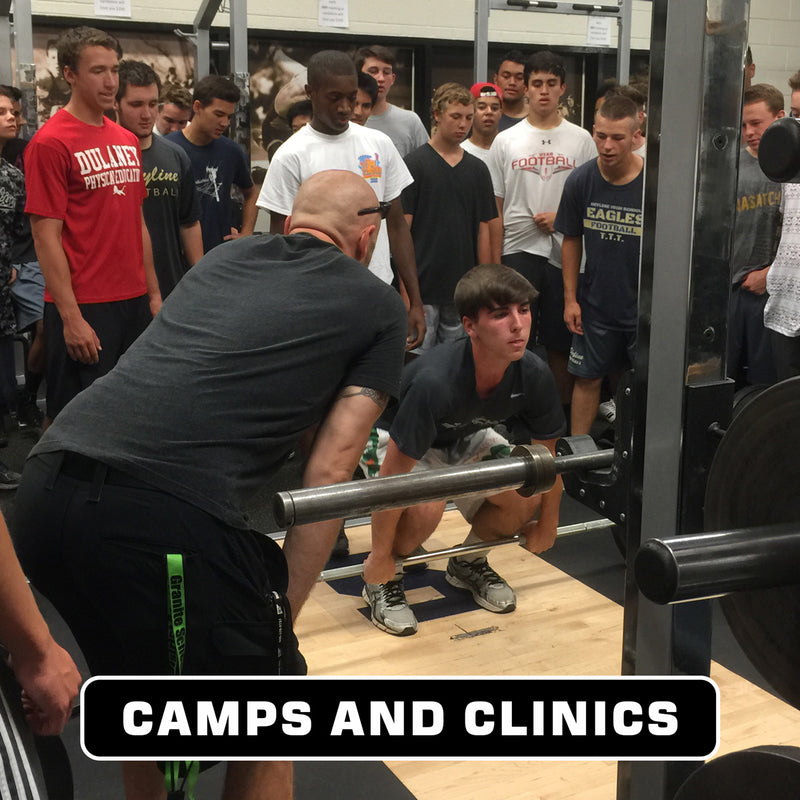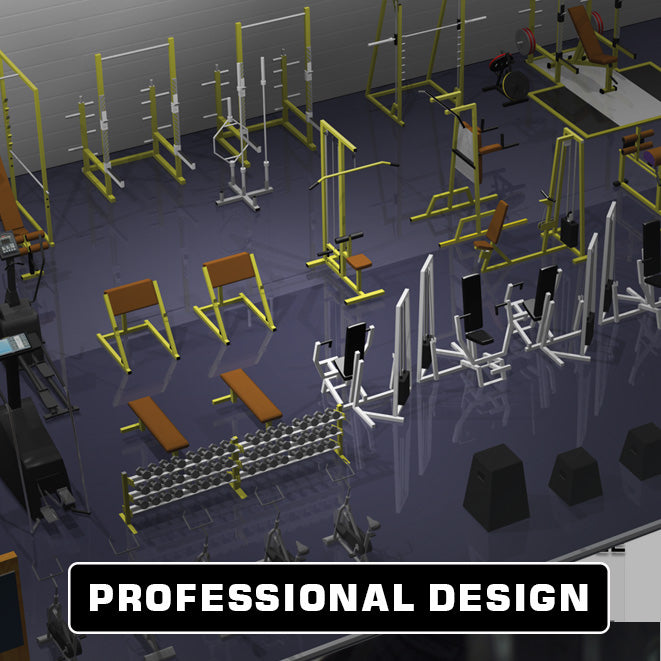Safety and Liability
How to Dramatically Reduce Your Risk of Accidents and Lawsuits
Because we live in a litigious society, coaches and physical education instructors not only need to know how to increase athletic performance, they also must take steps to help prevent lawsuits and to ensure they have the best chance of winning if they ever find themselves in a courtroom.
To help make your school bulletproof against weight room accidents and to help avoid lawsuits, BFS offers schools a Weight Room Safety Certification (call BFS at 1-800-628-9737 to schedule yours).
In the past, lawsuits against coaches happened, but certainly not at the rate we’re seeing now. Today, parents of athletes are not content to just sit back and look at coaches as if they couldn’t do anything wrong."
Marc Rabinoff, Ed.D. Professor, Department of PSLS
Metropolitan State College of Denver, Colorado
Over its history spanning more than 35 years, BFS has developed the BFS Safety Package that will enable you to get started immediately with improving weight room safety and reducing your liability.
Lawsuits against weight training instructors happen all the time. That’s a fact. It’s also a fact that 80 percent of the litigations against weight training instructors involve injuries caused by inappropriate supervision. In other words, if you’re involved in a lawsuit, there is an 8 out of 10 chance that the plaintiff attorney will claim that you – or your staff if you’re an administrator – were not supervising the weight room properly at the time their client was injured.
STANDARD OF CARE
In the area of professional standards, also known as "standard of care", there are three basic accusations that a plaintiff attorney will make. They are as follows:
1. You Are Qualified to Do Something and You Did It Wrong.
You made a mistake. For example, you lost your concentration and did not spot a bench press properly, and the result was an injury to the individual performing the exercise.
2. You Didn't Do Something That You Were Qualified to Do and Were Supposed to Do.
For example, if you are trained in CPR and somebody is having a problem in your weight room who requires CPR and you don’t administer it, you could be held responsible – especially if being CPR certified is a criterion for you to hold that job.
3. You Did Something That You Are Not Qualified to Do.
You went beyond your area of expertise. For example, if an athlete gets hurt in the weight room and you decide to set a broken bone, well, unless you have a medical degree, you’re probably going to be in big trouble when you try to put that bone back in place. And this is why I stress the importance of all weight-training instructors acquiring a certification specific to this field. If you can’t justify your academic and professional practical background before you walk into a weight room to coach trainees, don’t walk into that weight room!

BFS OFFERS 2 EASY PATHS TO GETTING A BFS WEIGHT ROOM SAFETY CERTIFICATION, A WRSC.
IN_SERVICE CERTIFICATION can be scheduled by any school, district or institution and BFS comes to your facility and certifies your teachers and coaches. Learn more about how to get your whole staff, anyone who instructs in the weight room, certified and on the same page regarding maintaining an effective and safe weight training program.
REGIONAL CERTIFICATIONS are held across the country throughout the year. With over 15 dates and locations, BFS is coming to a city near you. Attending a BFS Regional Certification is the solution for coaches and teachers who are unable to organize an In-Service for an entire school but who understand the need to protect their athletes and themselves by implementing a program based on safe and effective training.

One question I’m often asked when I lecture on the topic of weight room supervision is: "Why are coaches being sued?" And the answer I give them is that in about 90 percent of the lawsuits I’ve seen, the primary cause of the litigation was poor instruction. Did the coach teach that athlete how to squat properly? Did he follow appropriate warm-up protocols? Another, which is becoming increasingly common, is "Did the coach use the proper progression for that activity?"
"We’re not like Don Quixote; we don’t saddle up and go jousting with windmills. We’re not supposed to wander around and try to correct every little thing we see on the face of the earth. However, we are significantly responsible for our own activities where we are employed when we put that name tag on that says 'Weight Training Instructor.'"
Marc Rabinoff, EdD Full Professor and Chair Department of Human Performance, Sport and Leisure Studies Metropolitan State College Denver, Colorado




